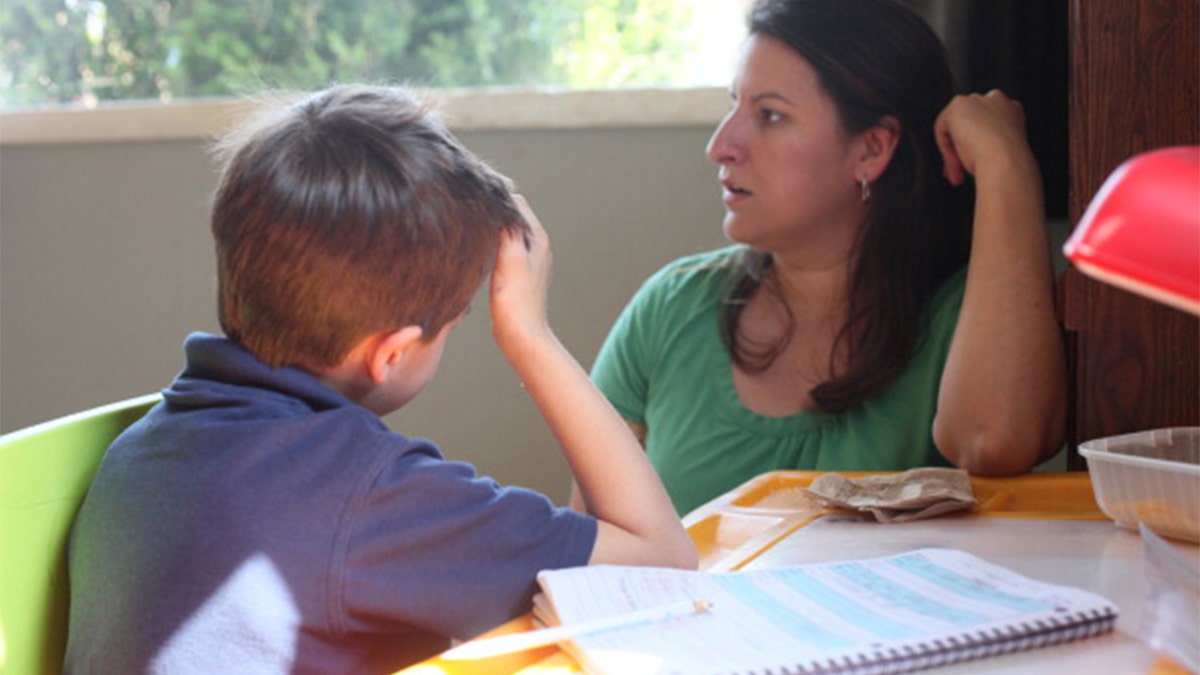
Getty Images
The number of Hispanic children diagnosed with Attention Deficit Hyperactivity Disorder (ADHD) has risen sharply since 2003 – 83 percent – according to a new study published in the Journal of Clinical Psychology.
Between 2003 and 2011 the number of Hispanic children ages 5 to 17 with ADHD went up from 4.2 percent to 7.7 percent – the largest increase of any racial or ethnic group. Despite that, the disorder is still more prevalent among white and black children at 14 and 12.8 percent respectively.
Researchers speculate that the dramatic rise in diagnosed ADHD cases in the Hispanic community can be attributed to two things: awareness and language.
"There could be greater knowledge of the signs of ADHD in the school system and among parents, leading to more parents having their children assessed," Sean Cleary, associate professor of epidemiology and biostatistics at the School of Public Health at George Washington University, told Fox News Latino.
This is the first time the National Survey of Children's Health has ever been offered in the Spanish language, which means a whole new population of parents were surveyed who didn't take part of previous studies.
The survey of more than 190,000 children found that reported ADHD cases have gone up overall by 43 percent and that the number of girls with ADHD rose by 55 percent, which is higher than the increase among boys (40%).
According to Cleary, this suggests that teachers, counselors and parents are doing a better job at noticing the symptoms of ADHD in girls. This disorder has largely been stereotyped as something that only boys get.
"The signs and symptoms that are in girls are different. They are internalizing, more than externalizing ... more withdrawn, less [the] verbal aggression seen in a boy, which may be loud, shouting and physical," Clearly explained.
For years, critics have said the increasing rate of ADHD cases is just a symptom of a society that tends to over-prescribe and over-diagnose its children. Professor Cleary believes the alternative of not diagnosing kids in school or when they are younger could have effects that are more dire.
"A lack of treatment can lead to difficulties into adulthood," he told FNL, "specifically related to employment, getting a job and maintaining a job."
